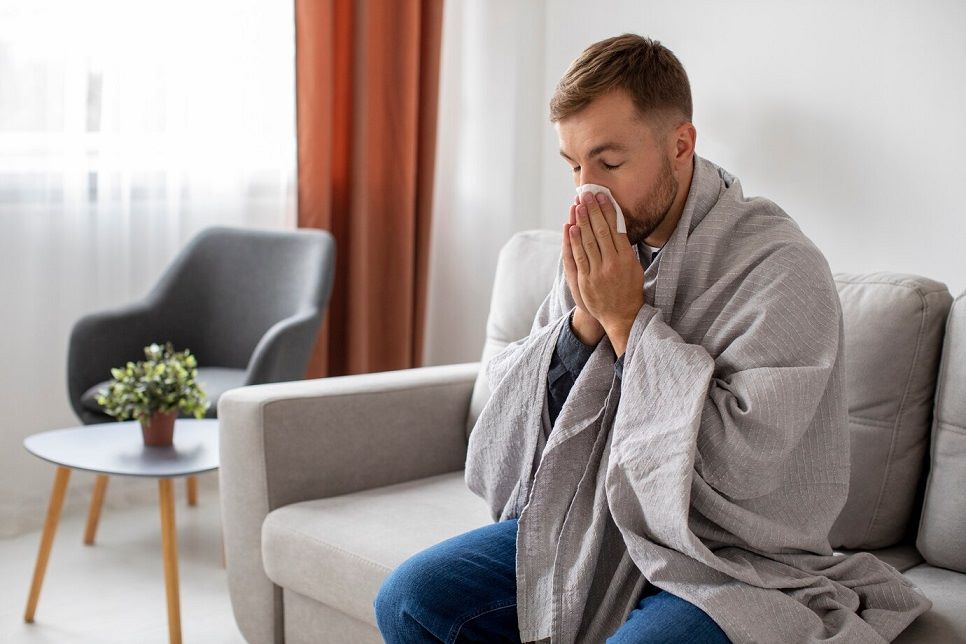Winter brings with it a drop in temperature and an increase in the prevalence of colds and flu. While it’s challenging to completely avoid catching a cold, there are several strategies you can employ to minimize your risk and maintain good health during the colder months.
Hand Hygiene and Respiratory Etiquette
Wash Your Hands Regularly:
Frequent handwashing is a fundamental practice in preventing the spread of cold viruses. Use soap and water, scrubbing for at least 20 seconds, especially after being in public places or touching surfaces that may harbor germs.
Utilize Hand Sanitizer:
When soap and water are unavailable, using an alcohol-based hand sanitizer can effectively kill germs on your hands. Make sure it contains at least 60% alcohol for optimal effectiveness.
Avoid Touching Your Face:
Viruses can enter your body through your eyes, nose, and mouth. Minimize the risk by refraining from touching your face, especially in public spaces where surfaces may be contaminated.
Practice Respiratory Hygiene:
Cover your mouth and nose with a tissue or your elbow when you cough or sneeze. Dispose of tissues properly and wash your hands immediately to prevent the spread of respiratory droplets.
Lifestyle Choices for Immune Support
Stay Hydrated:
Drinking an adequate amount of water helps keep your mucous membranes moist, making it more challenging for viruses to enter your body. Aim for at least eight glasses of water per day.
Maintain a Healthy Diet:
A well-balanced diet rich in vitamins and minerals supports a robust immune system. Include plenty of fruits, vegetables, whole grains, and lean proteins in your meals.
Get Enough Sleep:
Adequate sleep is crucial for a well-functioning immune system. Aim for 7-9 hours of quality sleep each night to help your body recover and stay resilient against infections.
Regular Exercise:
Moderate exercise has been shown to enhance immune function. Incorporate regular physical activity into your routine to promote overall health.
Manage Stress:
Chronic stress can weaken your immune system. Practice stress-reduction techniques such as meditation, deep breathing, or yoga to keep stress levels in check.
Personal and Environmental Hygiene
Avoid Close Contact:
If possible, maintain a safe distance from individuals who are visibly ill to reduce the risk of direct transmission of viruses.
Environmental Cleanliness:
Regularly disinfect commonly-touched surfaces in your home and workplace. Focus on doorknobs, light switches, and electronic devices, including your cell phone.
Consider Wearing a Mask:
In situations where cold viruses are prevalent, wearing a mask can act as an additional barrier against inhaling respiratory droplets.
Information and Awareness
Stay Informed:
Keep abreast of the latest health guidelines and recommendations from reputable sources. Awareness is key to understanding potential risks and implementing effective preventive measures.
Preventing Winter Colds: A Conclusion
While it may be challenging to completely avoid catching a cold, incorporating these strategies into your daily routine can significantly reduce your risk. Remember, good health is a combination of various factors, and by adopting a holistic approach, you can better protect yourself during the winter months. If symptoms persist or worsen, seeking advice from a healthcare professional is always a prudent step. Stay well and embrace a healthy winter season!

